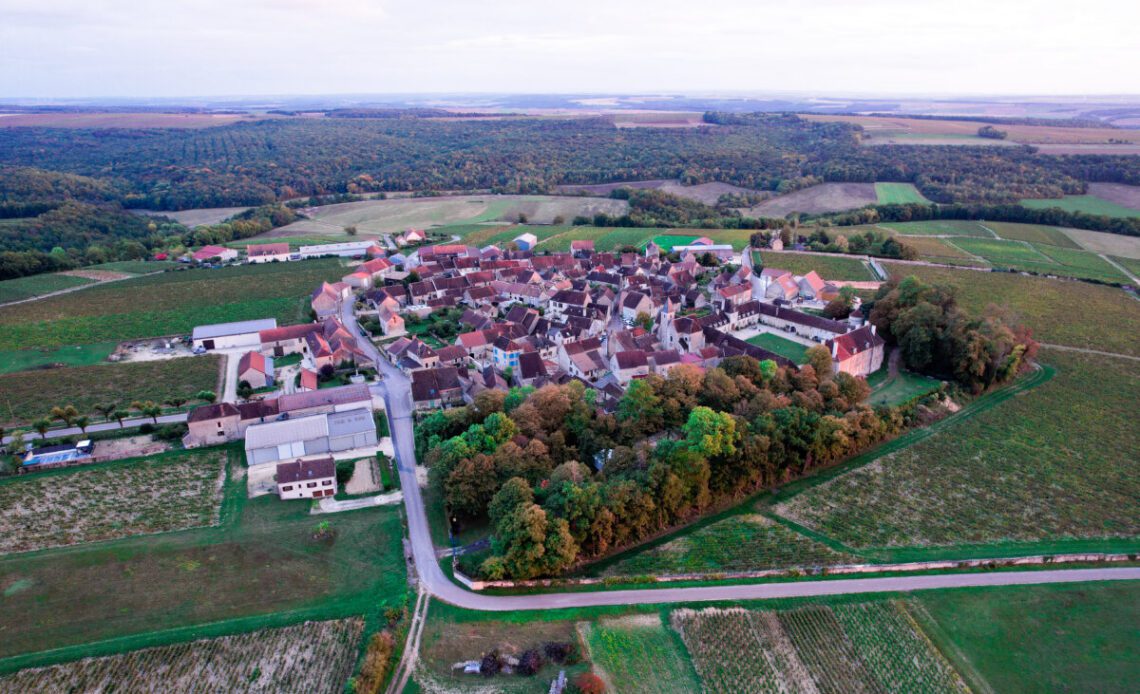I recently had the chance to spend a few days at Château de Béru during my recent multi-day trip touring the Burgundy wine region. Here’s our full Château de Béru review where you can learn more about what makes this winery so special.
Since I first tried the wines made at Château de Béru, I’ve been captivated by its unique taste and complexity. The wine stands out among others and has become quite the talk within the connoisseur community. Made primarily from Chardonnay grapes, it’s redefining what it means to be a relaxed and sophisticated wine.
When I first tasted the Château de Béru 2017 vintage, I noticed its purity and ripe flavors, which come from the winery’s approach to not using sulfur during production. The 2018 Terroirs De Béru had a delightful mix of lemon curd, yellow apple, and chalk with a soft, leesy aroma.
As I continued exploring this exquisite winery, I found the Chablis 1er Cru ‘Vaucoupin’ to be truly impressive. I toured the entirety of this vineyard located in Burgundy, and enjoyed a stay at the chateau. But I’m getting ahead of myself – let’s take a look at the history of Château de Béru and their wines.
Château de Béru Overview
Location and History

Château de Béru is situated in the heart of a sea of organic vineyards, just a few kilometers away from the famous wine town of Chablis, in the Burgundy region. This historic estate has been in the hands of the de Béru family for more than 400 years, boasting a long and rich history. The château is an ideal starting point for those who wish to explore the region with its picturesque landscapes, diverse terroirs, and rich cultural heritage.
See Related: Best Wine Tours in Burgundy
Ownership and Philosophy

After centuries of winemaking, the Comte Éric de Béru decided to replant all of the vines, including Clos Béru, in 1987. The Romans likely planted the first vines in the 1st Century, but the uniqueness of vineyards has its origins even earlier than that. Today, Château de Béru is owned and managed by Laurence de Béru and her daughter, Athénaïs de Béru, who is dedicated to preserving the family’s winemaking traditions while also introducing modern techniques and sustainable practices.
The Béru family has an admirable approach to winemaking guided by its biodynamic principles, which aim to enhance the natural expression of the terroir and…
Click Here to Read the Full Original Article at ViaTravelers…
